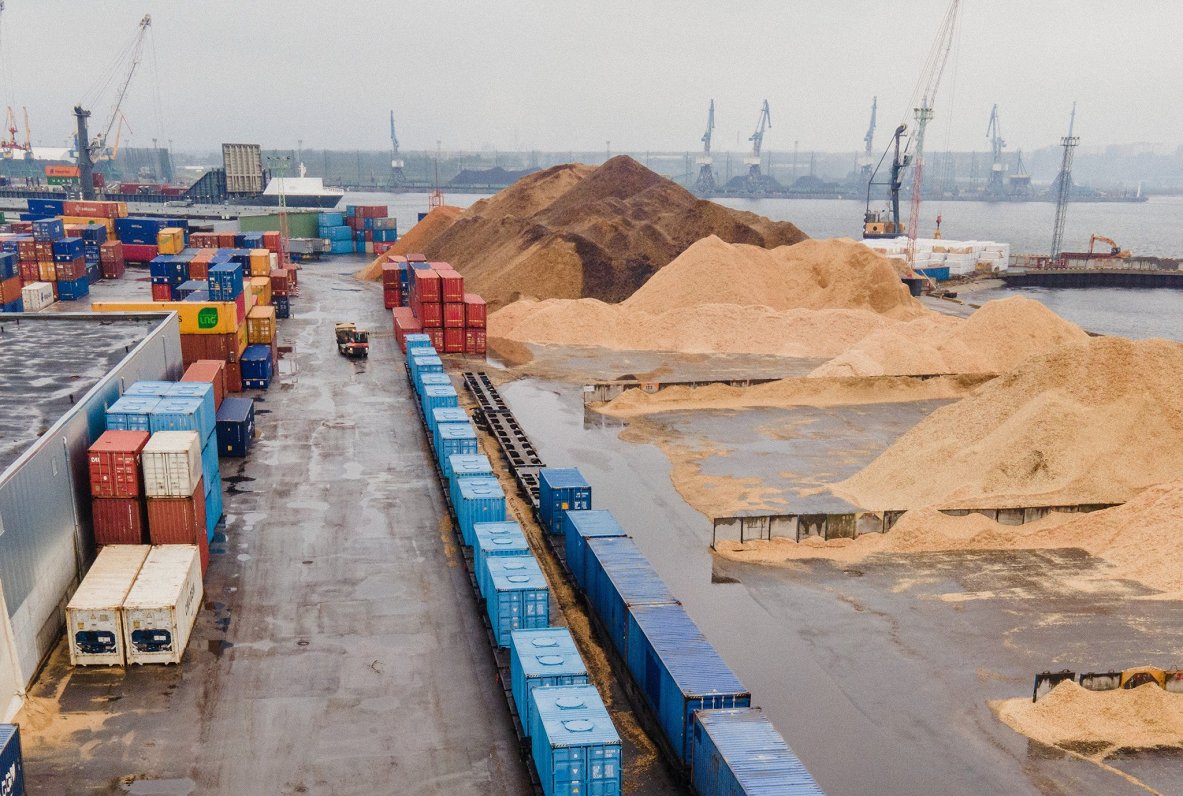“Neither EU nor Latvian legislation currently restricts the import of food products, including cereals, from Russia,” said Šice-Trēde. She noted that there had been routine controls on cargo at the border and no inappropriate cargo had been detected.
Šice-Trēde also said that the PVD does not have information on what volume of imported cereal products has remained in Latvia and what amount has been transported further to other EU countries.
Agriculture Minister Armands Krauze (Union of Greens and Farmers) has urged the EU Agriculture and Fisheries Council to start a discussion on banning imports of Russian agricultural products into the EU. His initiative is also supported by President Edgars Rinkēvičs. According to Krauze, a ban on imports of Russian grain into EU countries should be foreseen, but the possibilities for transit of Russian grain to third countries should be preserved so as not to harm global food security.
The Agricultural Services Co-operative Society “Latraps” has also invited representatives of the trade and transport and logistics sector, including public institutions, public equity companies, and service providers to refuse economic cooperation as a result of which agricultural raw materials and products of the aggressor countries enter Latvia.
The Co-operative has sent an open letter to ministries and decision-makers informing them that it is in favor of a ban on imports of agricultural raw materials and products originating in Russia into the internal market of the European Union.
“Since Russia's criminal attack on Ukraine, “Latraps” has clearly and unequivocally expressed and implemented its support for the Ukrainian state and people in its fight with the aggressor. Latraps is proud to have completely abandoned once vital Russian-made raw materials since the first days of war and, without accounting for financial expediency, sought and found alternatives to them in the civilized part of the world. The Co-operative expects similar ethical principles to be observed in every sphere of activity in which Latraps is represented, including companies in which Latraps has a shareholding,” said the society in a statement, which calls for the introduction of a single legal framework for trade of agricultural raw materials and products that is compatible with the public interest and values and which is binding on market participants.































